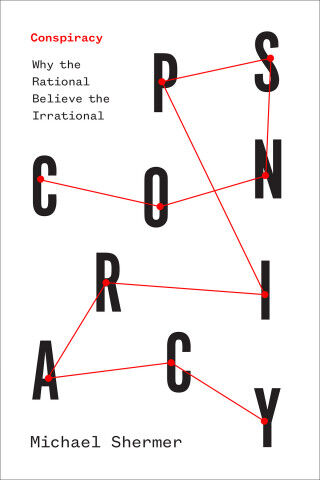Opinion | American Historical Association fight is about more than ‘presentism’
Opinion | American Historical Association fight is about more than ‘presentism’ The Washington Post


No profession is safe from the social media maelstrom of our current age. Not even, it seems, the historians. Ironically, they are arguing about whether they spend too much time thinking about present-day disputes rather than historical dramas.
In a somewhat rambling essay published Aug. 17, James H. Sweet, president of the American Historical Association, argued that his profession is succumbing to “presentism,” the temptation to read all of history through a contemporary lens — in particular, through an emphasis on modern social justice issues. His assertion seems to be backed up by a quick perusal of the program for the AHA’s most recent conference, which is heavy on topics such as “Queering the Presidency” and “Decolonizing and Recentering Indigenous Specialists.”
“The allure of political relevance, facilitated by social and other media, encourages a predictable sameness of the present in the past,” Sweet warned. The result, he said, is “ahistorical.”
Historian Twitter exploded — there were rants and calls for resignation and, eventually, a groveling apology. Some of the critiques were substantive responses. But others rather proved Sweet’s point, rolling eyes at the old White guy who hasn’t gotten with the times.
Follow Megan McArdle‘s opinions
FollowAnd underneath it all was an undercurrent best summed up by David Austin Walsh, a postdoctoral fellow at the University of Virginia studying far-right politics, who complained that Sweet had offered conservatives “a cudgel to delegitimize the discipline.”
“Quite frankly, you shouldn’t be the president of a major scholarly association if you don’t understand the inherent political implications of your public statements and their likely consequences,” he said.
This critique — stop giving ammunition to the bad guys! — is one you’ll hear a lot if you work in any institution of knowledge production.
I first started hearing it myself about seven years ago, when I delved into the commonly quoted statistic that only 2 percent to 8 percent of rape allegations are false. That’s not what the underlying research actually said; what it said was that 2 percent to 8 percent were provably false — setting a floor on the number of false allegations, not a ceiling. When I pointed that out, I was surprised how many people pushed back, not by arguing with my interpretation of the data, but by asking why I would write about it. Was I trying to give cover to rapists?
Some of the people who asked me this question were journalism students. I was surprised, and then incredulous. Was I being asked to justify why I, as a journalist, would say something that was true? Wasn’t that the job?
But like many of the younger cohorts in knowledge production jobs — including media and academia — they saw the job as having a higher purpose than merely generating data and analysis. Those young journalists liked to cite Joseph Pulitzer’s adage that the job of a newspaper is to “comfort the afflicted and afflict the comfortable.” By their lights, I was wrong not because I was incorrect, but because the particular truth in question favored protecting the rights of the accused, rather than the more important interests of the victims.
The buzz saw that Sweet ran into shows the degree to which such pressures have also infected academia. When elders push back, they are told that there is no such thing as the view from nowhere, so we might as well concentrate on making sure that we’re supporting the right causes, playing for the right team.
They’re correct, to a point — no one is without values, opinions or biases, and our priors inevitably influence our work. A healthy profession balances those tensions, recognizing that our preconceptions affect the questions we ask and the answers we get, while striving to understand and fairly represent other points of view.
An unhealthy profession, on the other hand, starts asking itself “Why bother?” and demands to know why colleagues are voicing inconvenient truths. It reconceives of its own work as a kind of political activism. This may be done from the best of motives, but it is shortsighted in the extreme — you might even say presentist. Because, unfortunately, the most important asset that knowledge workers have is their credibility. And once you’ve donated that to the cause, you can’t get it back.
Over the past few years, the public health community provided a clear example of these dangers. Repeatedly, as the covid-19 pandemic flared, experts sought to control public behavior through selective dispensing of the truth. The ultimate result was arguably less compliance with their recommendations, driven by a sharp decline in respect for our nation’s public health agencies.
Of course, that decline was assisted by Donald Trump et al. But public health experts made it easy for them by repeatedly demonstrating that, yes, they really were trying to manipulate the public and often in service of the profession’s broadly left-wing commitments — from suggesting that anti-racism protests somehow had a different risk profile from other kinds of public gatherings, to obscuring the fact that monkeypox is spreading almost entirely through sex between males.
When people started ignoring them, those same experts complained about disinformation, with no apparent sense of irony. They were joined in chorus by plenty of journalists and academics, none of whom seemed to recognize that this was the inevitable price of the path they had chosen. If you think of your own work as a political project, then so will everyone else. And there’s a reason that no one trusts politicians.



